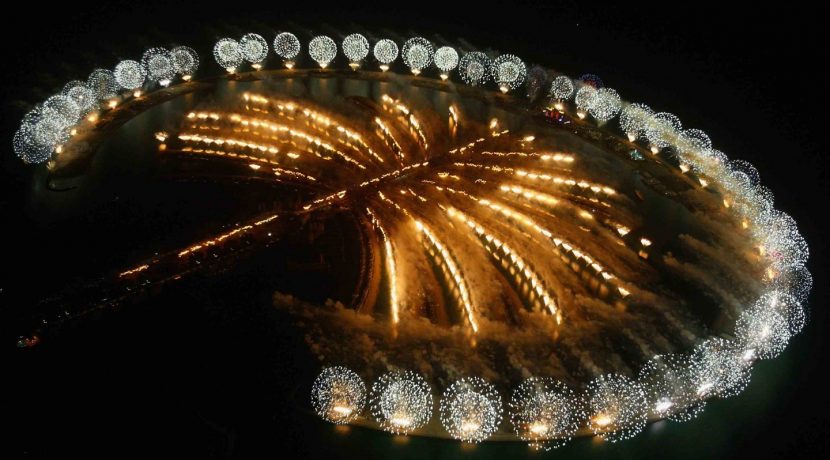The construction wave in Dubai will no more be focused on breaking records only, as a new ranking system will encourage builders to implement more and more ‘green’ solutions for ranking higher with “Al Safat” system.
Dubai Municipality Director General Hussain Nasser Lootah launched the new system on Tuesday, announcing that new buildings that do not meet the minimum ‘green’ criteria will not be cleared for usage.
In Arabaic, Safat stands for date palm fronds and is a reminder of the traditional usage of palm fronds as roofing that helped building interiors stay cool in the desert heat. Taking a cue from the past, authorities are encouraging, and now binding, builders to include sustainable solutions in building construction that help save invaluable resources like water and harnessing the abundant potential of solar energy.
Al Safat’s goals in the next five years include a 20% reduction in electricity consumption, 15% reduction in water consumption, 20% lower carbon dioxide emissions and 50% lesser waste.
At the launch press conference, Lootah said the initiative was aimed at promoting human and environmental health by “strengthening the planning, design, implementation, and operation phases of buildings”.
The new green rating will have four classifications: platinum, gold, silver and bronze, with platinum being the highest and bronze being the lowest. The rating will be applicable to all buildings built since the mandatory implementation of green building code in Dubai in 2014. The rating system will apply to all types of buildings — residential, commercial, industrial and other facilities.
The rating would be based on building’s efficiency, reduced energy and water consumption, use of environment-friendly materials, renewable energy characteristics, alternative energy sources and construction design.
The Dubai Municipality chairman said meeting requirements for bronze certification would be mandatory for all building owners, investors and developers. “However, all parties are encouraged to apply additional qualifying elements to enhance their rating and benefits to the occupants and environment,” Lootah said.
The municipality plans to upgrade older buildings by retrofitting them with environment-friendly and sustainable materials and equipment for lighting, air-conditioning etc.
Buildings Department Director Khalid Mohammad Saleh Al Mullah said Al Safat system was expected to reduce carbon dioxide emissions by 7.3 million tonnes in the next five years, an effect of the same magnitude as planting 36 million trees.
Al Mullah said more than 90 percent of buildings in Dubai constructed after 2001 already met the necessary criteria to qualify for Al Safat bronze certification.
The municipality has already developed a smartphone application to explain the laws, terms and conditions of green buildings and will launch a website dedicated to green buildings.
All rights reserved to the initial publisher for blog.bayut.com
Collected and published by Arms &McGregor International Realty® editorial team. Get in touched with us at [email protected]

